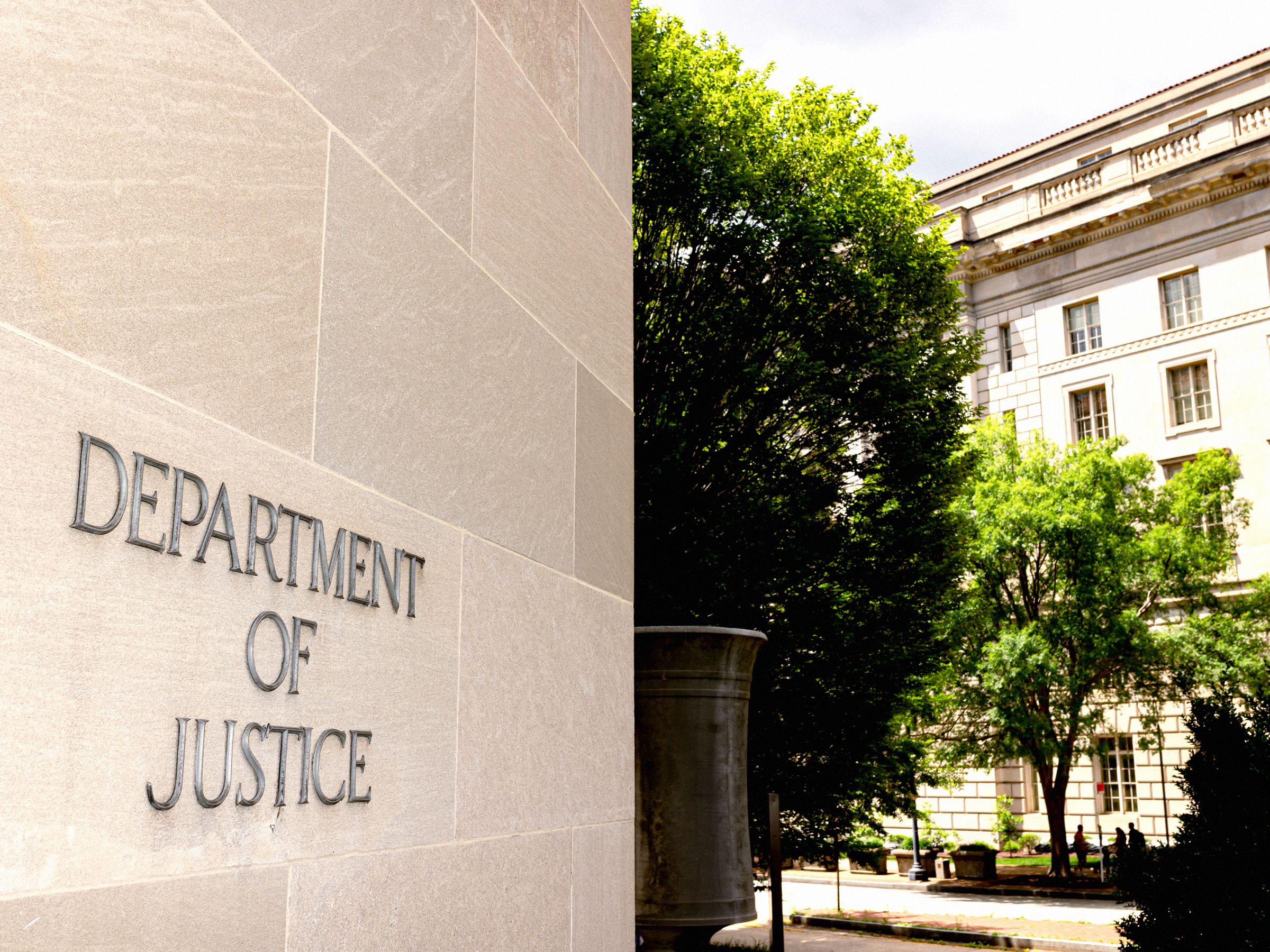Tornado Cash Developer Roman Storm Guilty on One Count in Federal Crypto Case
Tornado Cash Developer Roman Storm Guilty on One Count in Federal Crypto Case
The developer of the popular privacy-focused Ethereum mixer, Tornado Cash, Roman Storm has been found…

Tornado Cash Developer Roman Storm Guilty on One Count in Federal Crypto Case
The developer of the popular privacy-focused Ethereum mixer, Tornado Cash, Roman Storm has been found guilty on one count in a federal cryptocurrency case.
Storm was accused of aiding and abetting the exchange of cryptocurrencies for illegal activities, including money laundering and drug trafficking.
The case against Storm has been closely watched by the cryptocurrency community, as it raises important questions about the legal responsibilities of developers in the decentralized space.
Despite the guilty verdict, Storm’s supporters argue that he was simply providing a service that allows users to maintain their financial privacy and should not be held responsible for how it is used.
The verdict is likely to have far-reaching implications for developers of privacy-focused technologies in the cryptocurrency space, as they may now be held accountable for how their tools are used by users.
Storm’s sentencing is set for next month, where he could face significant jail time and fines for his involvement in the illegal exchange of cryptocurrencies.
The case has sparked a debate within the cryptocurrency community about the balance between privacy and accountability in the development of blockchain technologies.
Many argue that developers should not be held responsible for the actions of their users, while others believe that they have a duty to ensure that their technology is not used for illegal purposes.
As the cryptocurrency space continues to evolve, cases like this will likely become more common, as regulators seek to hold developers accountable for the impact of their creations.
Regardless of the outcome of Storm’s case, it serves as a cautionary tale for developers in the cryptocurrency space to consider the potential legal implications of their work.






